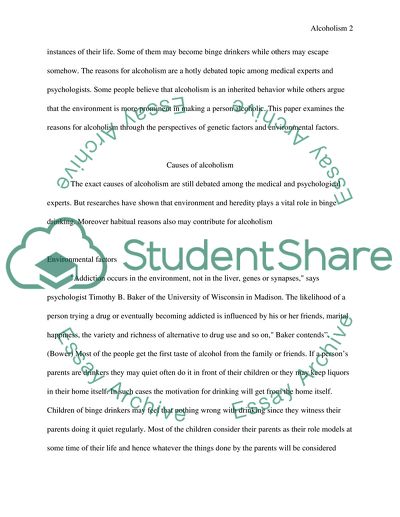Cite this document
(Alcoholism-Learned or Inherited Behavior Research Paper, n.d.)
Alcoholism-Learned or Inherited Behavior Research Paper. Retrieved from https://studentshare.org/social-science/1724875-alcoholism-learned-or-inherited-behavior
Alcoholism-Learned or Inherited Behavior Research Paper. Retrieved from https://studentshare.org/social-science/1724875-alcoholism-learned-or-inherited-behavior
(Alcoholism-Learned or Inherited Behavior Research Paper)
Alcoholism-Learned or Inherited Behavior Research Paper. https://studentshare.org/social-science/1724875-alcoholism-learned-or-inherited-behavior.
Alcoholism-Learned or Inherited Behavior Research Paper. https://studentshare.org/social-science/1724875-alcoholism-learned-or-inherited-behavior.
“Alcoholism-Learned or Inherited Behavior Research Paper”, n.d. https://studentshare.org/social-science/1724875-alcoholism-learned-or-inherited-behavior.


